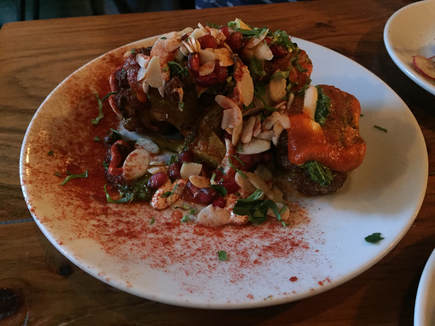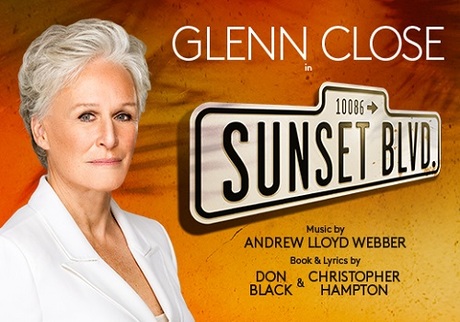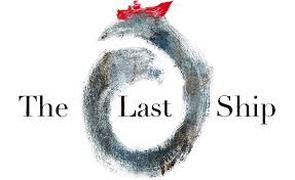January 19, 2023
 Eating Vegan in Liverpool: Maray & Our Kitchenby Randi / August 17, 2018
Eating Vegan in Liverpool: Maray & Our Kitchenby Randi / August 17, 2018Capitalism is the devil, right? Down with capitalism? And down with big too-big-to-fail banks and fake money scams that don’t make any sense but that our entire global economy depends on, right? Yes, right, unless you’re the one making that money. Then your clear moral vision gets a little cloudy and it gets harder to say ‘no stop all of these terrible things that are destroying the world!’ because you’re too busy making like Mona Lisa Saperstein and saying “MONEY, PLEEEEEASE”. At least this is the moral of the story at LIES, the interactive theatre experience that ran at London’s Almeida Theatre until last Saturday (sorriessss all that cash has destroyed my ability to care that y’all missed it).

